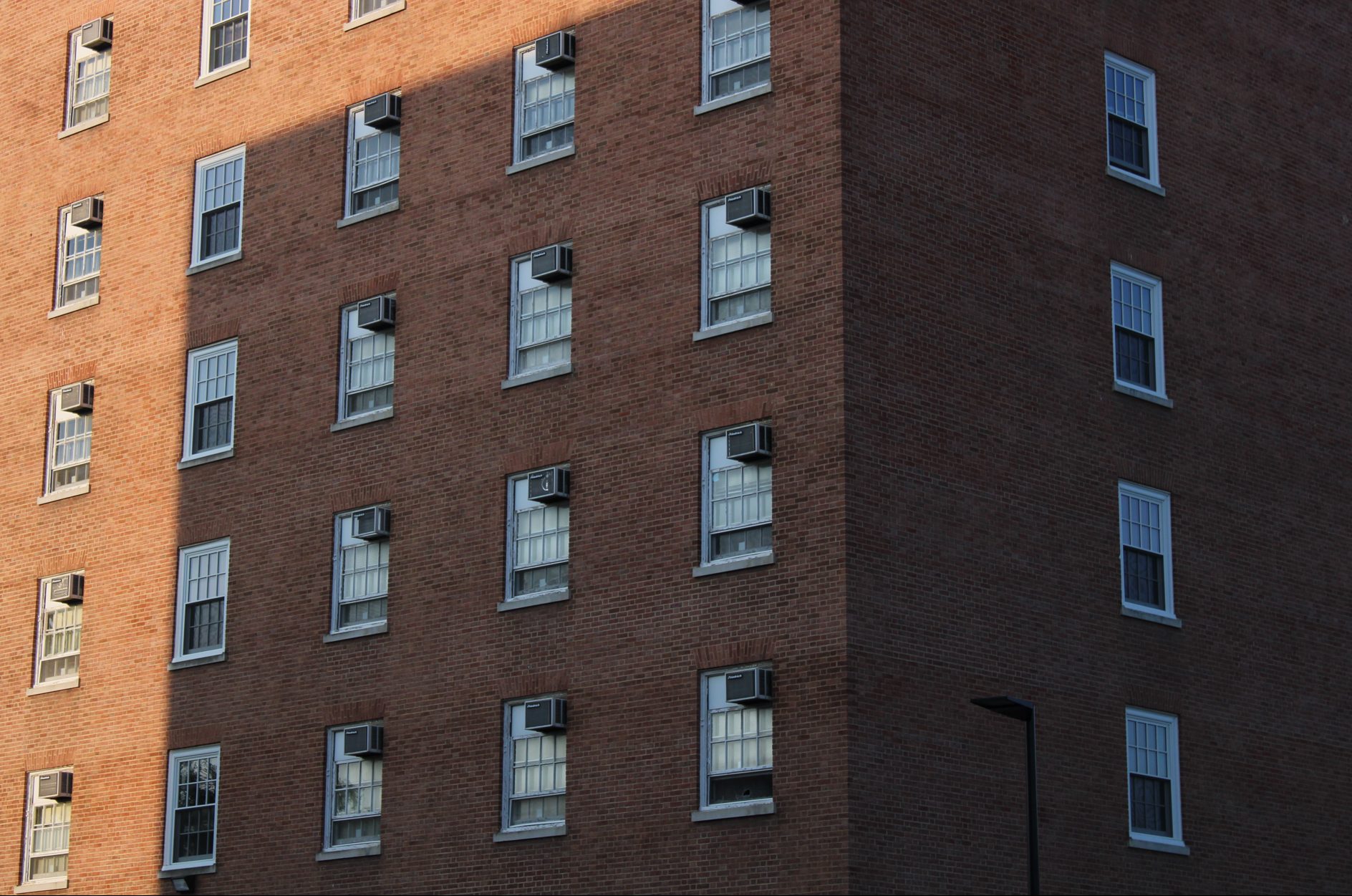Views expressed in opinion columns are the author’s own.
As one of nearly 300 resident assistants at the University of Maryland, my responsibilities have ranged from mediating roommate standoffs to sending students to the hospital for alcohol poisoning to even being a neighbor who critiques Halloween costumes.
Over the past few years, I’ve functioned not only as a fellow student providing academic advising, but also as a mental health counselor, a career advisor and a shoulder to lean on.
Simply put, my job as an RA is not limited to what is written in my contract.
Through all of the chaos, I was — and still am — a full-time student, involved in various clubs on campus, while also responsible for caring for my own mental and physical health. How, when I’m tasked with caring for nearly 50 freshmen and sophomores, am I supposed to make the time to care for myself?
To battle growing student mental health struggles, among the increasingly frequent burnout faced by RAs, Resident Life must do more to support its staff.
We deserve more support from the department, be it something we need for programming or personal resources. A stronger partnership with the Counseling Center for therapy and other mental health resources, for one, would go far in supporting RAs as we support residents.
We function as the first line of defense for students living on campus. When residents have issues, we are called in to save the day, smushing meetings into our busy schedules and moving things around to support our residents. I’ve walked out of class countless times to race to my building to check in on a resident or be present for a frank conversation on mental health.
We exist in a position built to support others but with a lackluster framework for supporting ourselves.
Resident Life must develop RA-centric resources. Stronger partnerships with the Counseling Center, mental health resources beyond therapy and support for duty crises should be a normal resource. Other universities nationwide have implemented several programs to help lighten the load for RAs — Binghamton introduced social workers or interns in residence hall communities to handle student concerns. These partnerships are opportunities for us to further support our RAs.
RAs have also long asked for more support, but policies have stayed mostly the same. RAs commit to 20 hours a week and are responsible for taking care of their residents while also balancing their school life and other commitments.
And we are exhausted.
With a stronger Counseling Center connection, there should be RA-specific staff who are available for therapy sessions, provide coping mechanisms, offer one-on-one training with specialized resources and more. A direct line between the Counseling Center and the department sets the stage for a better framework and more holistic support for students.
Mental health resources also extend beyond therapy. Support groups, workshops, training and devoted staff members can give RAs what they’re looking for. We handle trauma daily, nearly always at the expense of our health, and these resources would provide us with a sense of normalcy and a better reality.
Alongside shoring up mental health services, the department should provide support for duty crises. After such an event happens — be it a student going to the hospital or a roommate conflict — there should be immediate follow-up with the RA, options for mental health resources and an offer to provide them with any resources for follow-up with residents or anyone involved.
The department has a responsibility to its RAs, just as we do to our residents. It’s time to take more steps to pay it forward.
Jahnavi Kirkire is a senior government and politics and public policy major. She can be reached at jkirkire@umd.edu.



